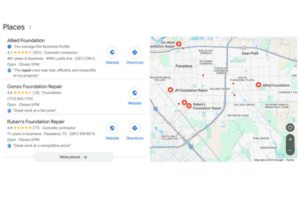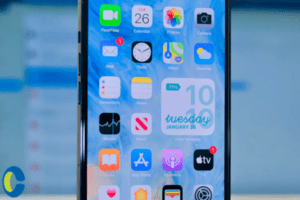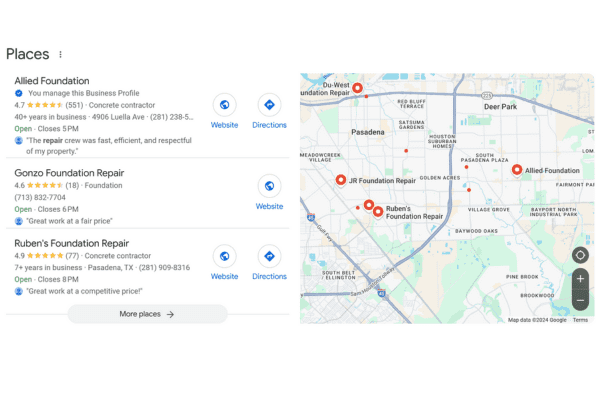In a world saturated with marketing messages, standing out from the crowd can be a daunting task. However, SMS marketing remains an effective and often underutilized channel for reaching customers. With its incredible open rates and direct access to consumers’ mobile devices, SMS marketing is a valuable tool in any marketer’s arsenal. To make the most of it, here are some essential tips for successful SMS marketing campaigns.
1. Obtain Proper Consent
Before you send any marketing messages via SMS, you must obtain explicit consent from your recipients. This is not only a legal requirement in many countries but also a fundamental step in building trust with your audience. Implement a clear and transparent opt-in process, ensuring customers understand what they’re signing up for. Respect their preferences and allow them to opt-out easily at any time.
2. Segment Your Audience
One size does not fit all in SMS marketing. Segment your audience based on factors like location, purchase history, and engagement level. By sending targeted messages to specific groups, you can increase the relevance of your content and improve the chances of conversion.
3. Craft Compelling Content
SMS messages are brief by nature, so every word counts. Create concise, engaging, and action-oriented content. Use clear and compelling language, and always include a call to action (CTA). Whether it’s a link to your website, a coupon code, or an appointment reminder, make it easy for recipients to take the desired action.
4. Timing Matters
Timing can significantly impact the success of your SMS campaigns. Avoid sending messages at inconvenient times, such as during late-night hours or early in the morning. Research and test different sending times to determine when your audience is most responsive.
5. Personalize Your Messages
Personalization can go a long way in SMS marketing. Address recipients by their first names whenever possible and use their past behavior to tailor your messages. For instance, send product recommendations based on their previous purchases.
6. Provide Value
Nobody likes receiving spammy or irrelevant messages. Ensure that your SMS content provides real value to the recipient. This could be in the form of exclusive discounts, early access to promotions, or useful information related to their interests.
7. Monitor and Optimize
Continuously monitor the performance of your SMS marketing campaigns. Track open rates, click-through rates, and conversion rates. Analyze the data to understand what’s working and what’s not. Use this information to refine your approach and optimize future campaigns.
8. Comply with Regulations
Stay informed about the regulations governing SMS marketing in your region and industry. Ensure that your campaigns adhere to these rules, including opt-in and opt-out procedures, message frequency limits, and content restrictions.
9. Test and Experiment
SMS marketing is not a one-size-fits-all strategy. Be willing to experiment with different approaches, such as emoji usage, multimedia messages, or A/B testing. Discover what resonates most with your audience and adapt your strategy accordingly.
10. Focus on Customer Experience
Lastly, prioritize the overall customer experience. Make it easy for customers to engage with your brand via SMS. Provide a seamless and user-friendly experience that leaves a positive impression.
SMS marketing can be a potent tool when used correctly. By following these tips and staying customer-centric, marketers can harness the power of text messages to connect with their audience effectively and achieve their marketing goals. Remember that SMS marketing is not just about promoting products; it’s about building lasting relationships with your customers.















